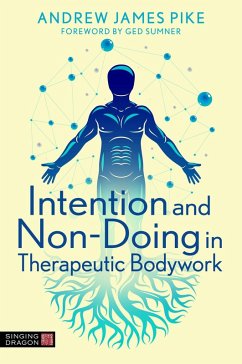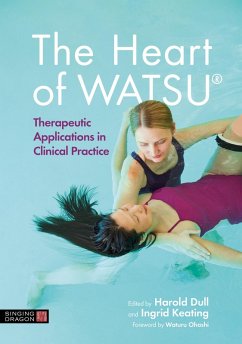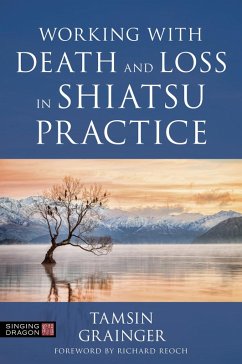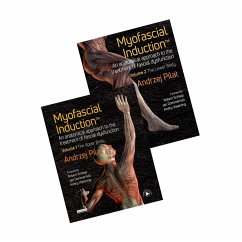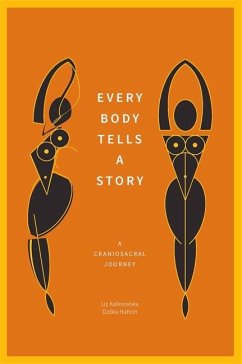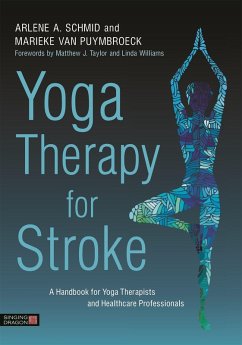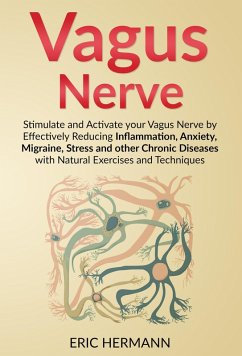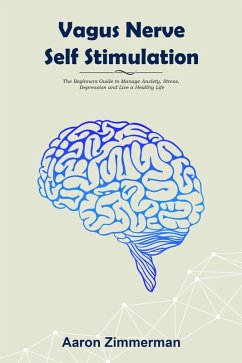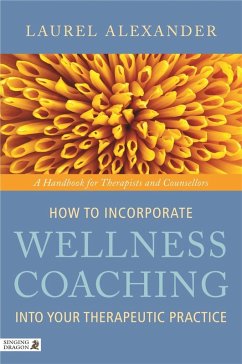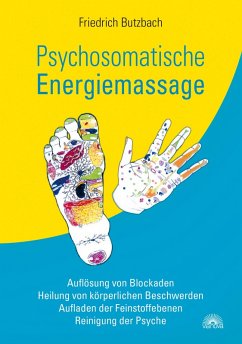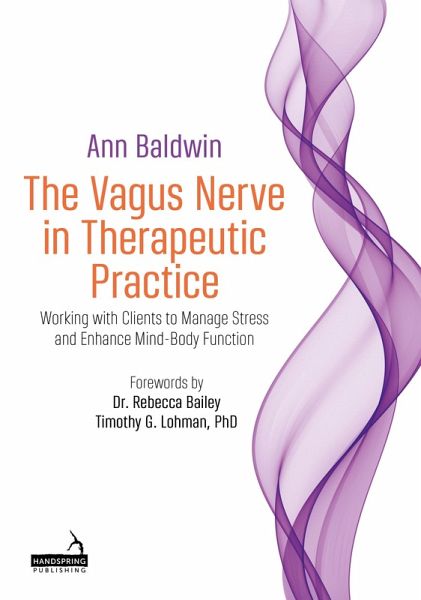
The Vagus Nerve in Therapeutic Practice (eBook, ePUB)
Working with Clients to Manage Stress and Enhance Mind-Body Function
Versandkostenfrei!
Sofort per Download lieferbar
30,95 €
inkl. MwSt.
Weitere Ausgaben:

PAYBACK Punkte
15 °P sammeln!
The Vagus Nerve in Therapeutic Practice describes practical, science-based techniques that can be used to improve vagal performance with the goal of restoring and maintaining mind-body health. Aimed at complementary medicine practitioners and holistic healers such as massage therapists, biofield practitioners, nutritional therapists, aromatherapists and energy healers, it explains how practitioners can adapt their modalities to stimulate the vagus nerve, together with other cranial nerves and the limbic system, to enhance their clients' experience and improve outcomes.The book provides a clear...
The Vagus Nerve in Therapeutic Practice describes practical, science-based techniques that can be used to improve vagal performance with the goal of restoring and maintaining mind-body health. Aimed at complementary medicine practitioners and holistic healers such as massage therapists, biofield practitioners, nutritional therapists, aromatherapists and energy healers, it explains how practitioners can adapt their modalities to stimulate the vagus nerve, together with other cranial nerves and the limbic system, to enhance their clients' experience and improve outcomes.
The book provides a clear understanding of the importance and benefits of self-regulating the autonomic nervous system, focusing on the vagus nerve. This nerve controls the stress response, regulates digestion, modulates the immune system, and releases an anti-inflammatory neurotransmitter, acetylcholine; when it functions inadequately, all of these systems can be adversely affected. By learning techniques to stimulate the vagus nerve, practitioners can help those experiencing low-level inflammation and emotional stress, including those with chronic diseases.
Each chapter provides practical, evidence-based methods that can be used to stimulate the ventral vagal complex, illustrated by a case history from a complementary medicine or holistic practice. The author addresses the anatomy and evolution of the vagus nerve, including its possible role in promoting social engagement, using the polyvagal theory as a model. The functions of major branches of the vagus nerve and other neighbouring cranial nerves are discussed in turn; in each case the mechanism by which neural stimulation improves relaxation and health is outlined, and a practical way to engage the nerve branch and limbic system is described with the help of a case study. An addendum includes an easily referenced summary of the exercises described throughout the book, as well as routines for utilizing combinations of the exercises on a daily, weekly and monthly basis.
This book will enable healthcare professionals to attain a solid grasp of the clinical significance of regulating the vagus nerve and provide them with simple ways to do it.
The book provides a clear understanding of the importance and benefits of self-regulating the autonomic nervous system, focusing on the vagus nerve. This nerve controls the stress response, regulates digestion, modulates the immune system, and releases an anti-inflammatory neurotransmitter, acetylcholine; when it functions inadequately, all of these systems can be adversely affected. By learning techniques to stimulate the vagus nerve, practitioners can help those experiencing low-level inflammation and emotional stress, including those with chronic diseases.
Each chapter provides practical, evidence-based methods that can be used to stimulate the ventral vagal complex, illustrated by a case history from a complementary medicine or holistic practice. The author addresses the anatomy and evolution of the vagus nerve, including its possible role in promoting social engagement, using the polyvagal theory as a model. The functions of major branches of the vagus nerve and other neighbouring cranial nerves are discussed in turn; in each case the mechanism by which neural stimulation improves relaxation and health is outlined, and a practical way to engage the nerve branch and limbic system is described with the help of a case study. An addendum includes an easily referenced summary of the exercises described throughout the book, as well as routines for utilizing combinations of the exercises on a daily, weekly and monthly basis.
This book will enable healthcare professionals to attain a solid grasp of the clinical significance of regulating the vagus nerve and provide them with simple ways to do it.
Dieser Download kann aus rechtlichen Gründen nur mit Rechnungsadresse in A, D ausgeliefert werden.




